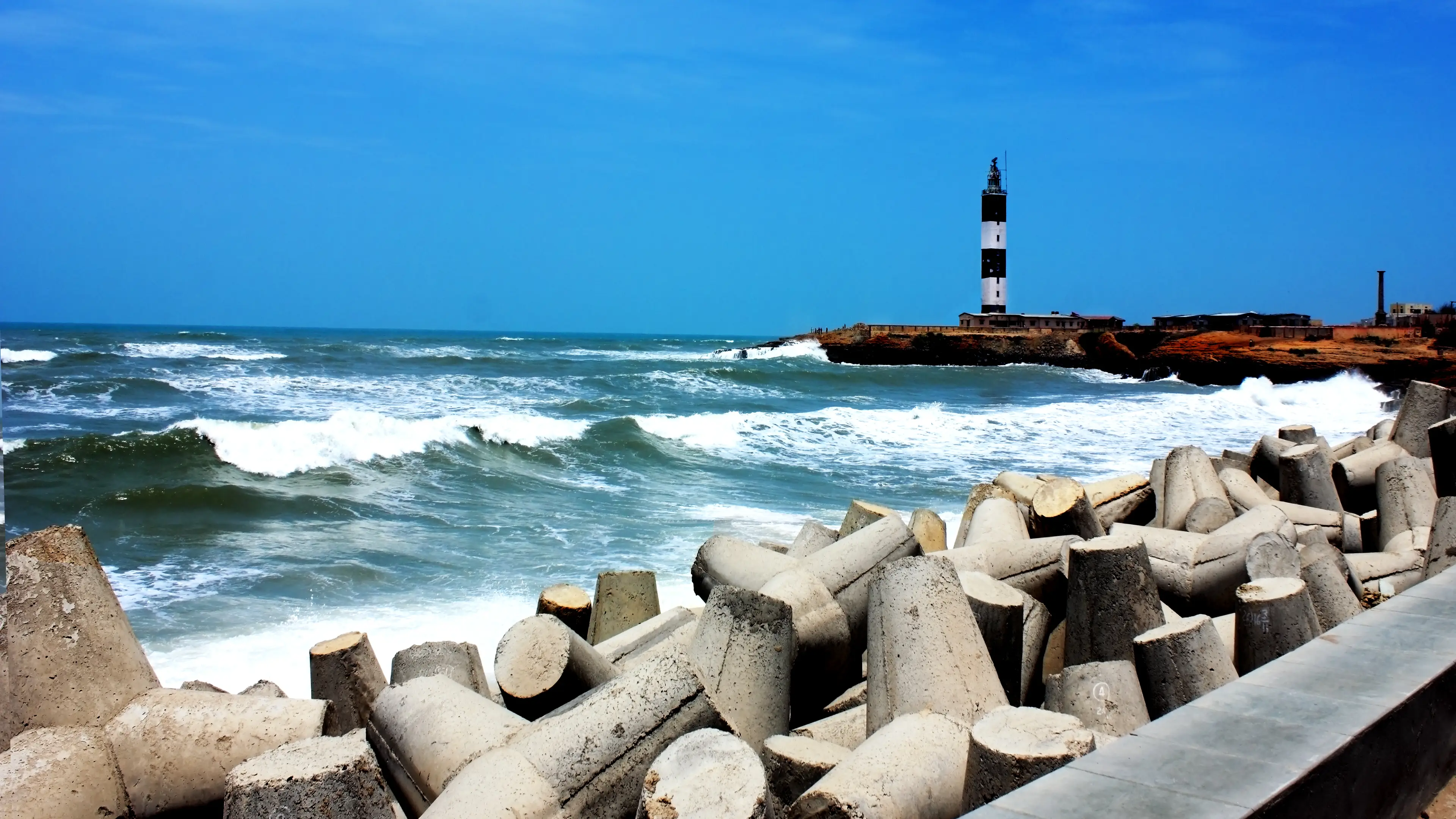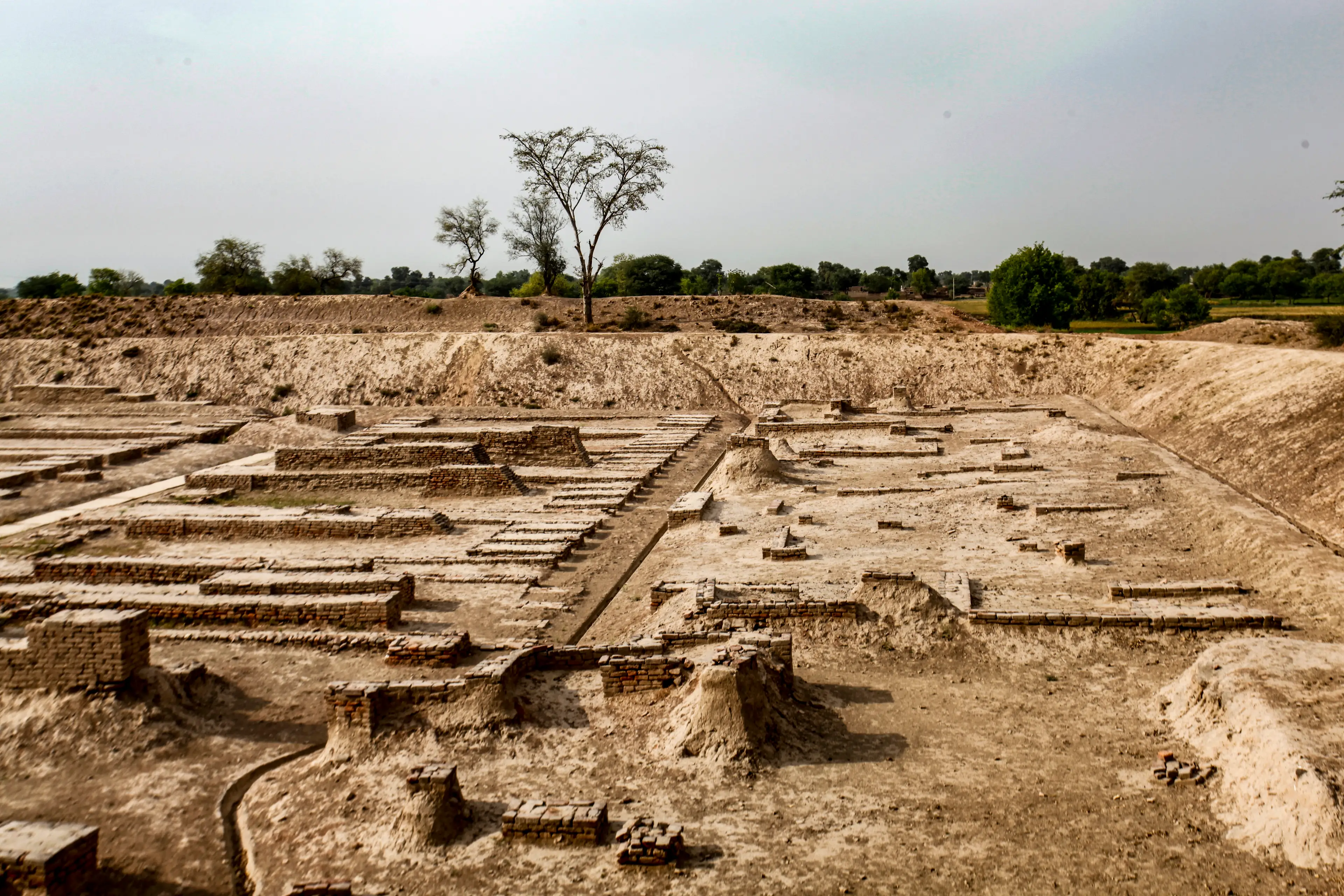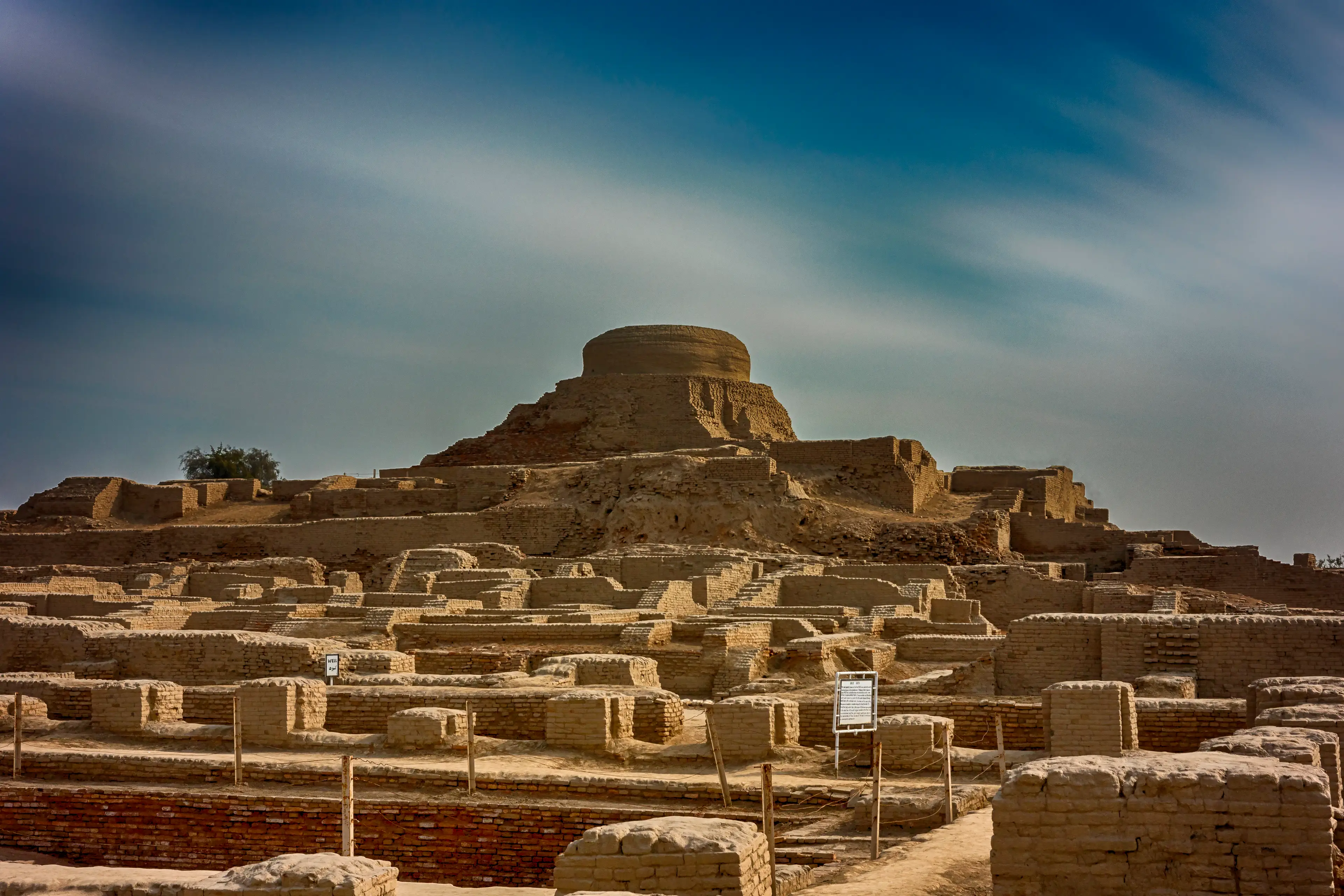
With around 71-percent of the planet being covered in water, it's no surprise that we're still finding new discoveries deep in our oceans.
Scientist have no shortage of new discoveries to investigate when it comes to checking out our planets oceans - ranging from strange noises in the deep, to even more unusual discoveries in our deepest oceans.
As well as sea creatures, a few civilisations lost to time have also been unearthed, like huge underwater 'cities'.
However, one such 'city' is continuing to baffle scientists - and no, before you ask, it's not the lost city of Atlantis.
Advert
The now submerged city was originally discovered by National Institute of Ocean Technology (NIOT) back in 2000 in India. While NIOT was conducting some routine pollution surveys in the area using sonar technology, they discovered some large structures deep down on the seafloor.

The underwater landscape, known as Gulf of Khambhat Cultural Complex (GKCC) stretches for more than five miles along the Gulf of Khambhat, and is 120 feet under the sea.
Alongside the structures, the team found several items including pottery, sculptures, and even human remains, like bones and teeth.
These artefacts were carbon dated and placed at around 9,500-years-old, the BBC reported in 2002.
Back in 2001, India’s science and technology minister at the time, Murli Manohar Joshi, claimed that the ruins belonged to an ancient civilization - which he further claimed would have been older than the Bronze Age Indus Valley civilisation, or the Harappan.
According to Durham University, this civilisation would have been around the same time as Ancient Egypt, with its peak being between 2600 and 1900 BCE.
Badrinaryan Badrinaryan, who was the chief geologist for NIOT’s scientific team, said (via Indy100): “For decades archaeologists have argued about the origins of the mysterious ‘Harappan’ (Indus Valley) civilisation that flourished across what is now Pakistan and northwest India from about 3000 BC.
“Now, our new findings suggest that the Harappans were descended from an advanced mother culture that flourished at the end of the last Ice Age that was then submerged by rising sea levels before ‘history’ began.

"It was generally believed that a well-organised civilisation could not have existed prior to 5500 [before the present day]. Many were reluctant to accept that the flood myths mentioned in many ancient religious writings held some grains of truth."
He went on to claim it is believed that 'well-organized' civilisations wouldn't have existed before the Harappans, however, the discovery shows signs of a 'clearly established the existence of an ancient civilisation that was submerged in the sea'.
There has, however, been some claims that the discovery still doesn't prove anything.
Expert Iravatham Mahadevan, along with others, said in 2002 to Frontline that the GKCC was found in an area where there's a very heavy tidal current, which could have simply swept the carbon dated objects towards the city.
Though he agrees with the assessment that the structures were 'man-made', adding: "It is very difficult to imagine a series of square plinth areas, with grid-like structures, running for several kilometres, occurring in nature."
Meanwhile, Akso Parpola from the University of Helsinki, claimed that there needs to be more evidence to support the age of the structures, citing if a 9,500 piece of wood located at the site is enough 'to conclude the antiquity of the site'.
Topics: Archaeology, History, Science, Ocean
